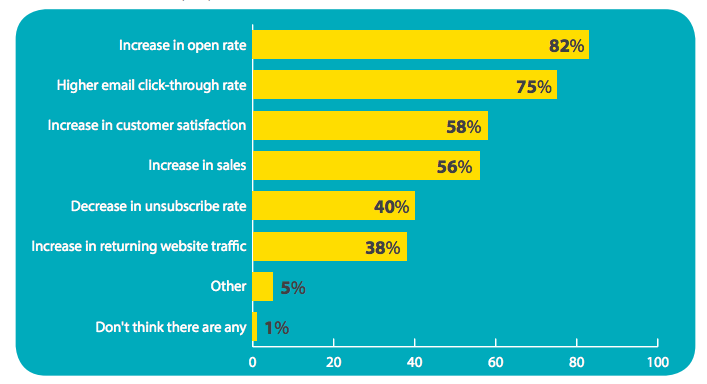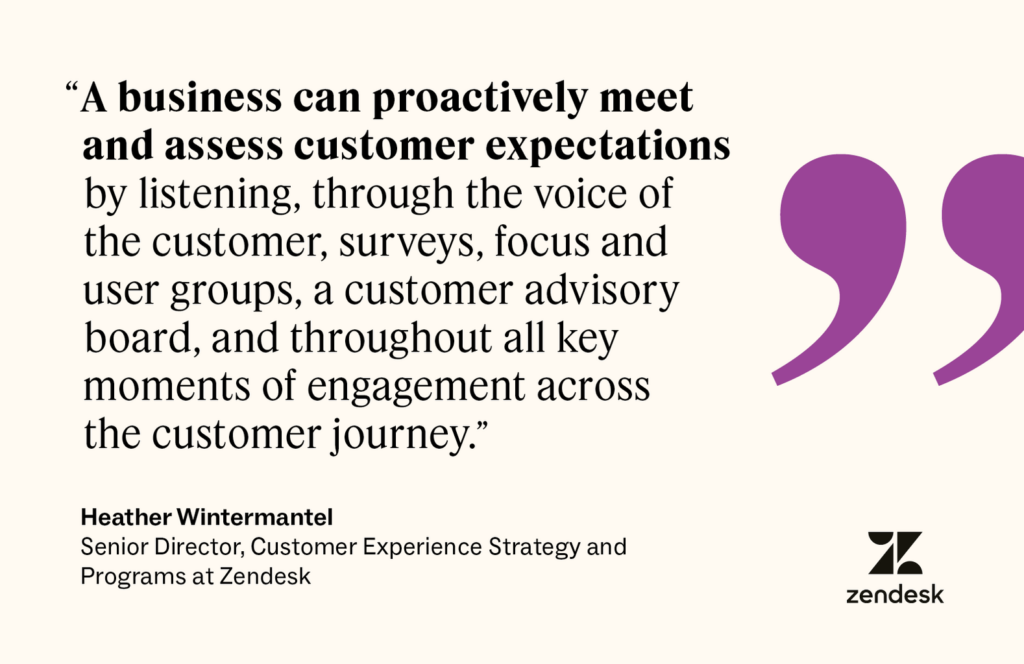In today’s fast-paced world, businesses are constantly looking for new ways to stand out from the crowd and build trust with their customers. One strategy that has proven increasingly effective is the use of personalised ringless voicemails. This innovative marketing tool can significantly influence customer behaviour, enhance brand perception, and strengthen customer relationships. But what exactly makes personalised ringless voicemails so impactful, and how do they shape customer trust? We explore the psychological implications of personalised ringless voicemails and their role in modern marketing strategies.
Understanding the Basics of Ringless Voicemail
Before delving into the psychological impact, it’s essential to understand what ringless voicemail is. Ringless voicemail allows businesses to deliver pre-recorded messages directly to a customer’s voicemail inbox without causing the phone to ring. Unlike traditional voice calls, which require the customer to answer, ringless voicemail lets businesses communicate with their audience in a non-intrusive way. This technology is perfect for sending important updates, promotional content, appointment reminders, and more.
When personalisation is added to ringless voicemails, the impact is magnified. Personalised voicemails address the recipient by name, mention relevant past interactions, or tailor content based on preferences or behaviours. This attention to detail makes customers feel acknowledged and valued, ultimately fostering trust and loyalty.
The Psychology Behind Personalisation and Customer Trust
Personalisation taps into the basic human need for recognition and belonging. When people feel seen and appreciated, they are more likely to form positive associations with the brand delivering the message. This principle is grounded in psychological theories related to social connection and self-perception. Here are some key psychological elements that explain why personalised ringless voicemails are so powerful:
- Social Proof and Reciprocity: People tend to trust businesses that seem to understand them and provide value in a way that aligns with their needs. When a business makes the effort to personalise a message, it creates a sense of reciprocity — the feeling that the customer should reciprocate the brand’s consideration by engaging more with it.
- The Halo Effect: This cognitive bias occurs when a positive impression in one area influences perceptions in other areas. For example, if a customer receives a friendly, personalised voicemail, they may develop a more positive overall view of the brand, believing it is more trustworthy and customer-focused.
- Emotional Connection: Personalised communication helps evoke emotions. When a customer receives a message that feels tailored to them, it activates areas of the brain associated with feelings of empathy and safety, making them more likely to trust the sender.
- Attention and Memory: Personalised messages are more attention-grabbing and memorable compared to generic communications. The human brain is wired to pick up on unique and individual information, so a personalised voicemail is more likely to be retained and acted upon than a standard, impersonal message.
How Personalised Ringless Voicemails Build Customer Trust
There are several ways in which personalised ringless voicemails contribute to building customer trust:
1. Demonstrating Genuine Interest
When businesses go beyond the basics and deliver a message that acknowledges a customer’s specific needs or preferences, it shows genuine interest. For instance, a personalised voicemail might start with, “Hi John, we noticed you’ve been browsing our latest collection of winter jackets. We thought you’d like to know that we’re offering an exclusive 10% discount just for you.” This type of message makes the customer feel valued and understood, fostering a sense of trust that the business is there to cater to their needs.

2. Creating a Sense of Exclusivity
Personalised voicemails can also make customers feel like they are part of an exclusive group. By addressing them by name and referencing past interactions, businesses communicate that they are not just one in a crowd but a valued customer. This exclusive feeling builds loyalty and trust, as customers are more likely to engage with a brand that makes them feel special.
3. Reducing Perceived Intrusiveness
Unlike phone calls that demand immediate attention and can be seen as intrusive, ringless voicemails give customers the option to listen on their own time. When a message is personalised, customers are more likely to perceive it as thoughtful and relevant, rather than as a nuisance. This is important because trust is built when customers don’t feel pressured or overwhelmed by a brand’s communication.
4. Enhancing Brand Image
Consistency and personalisation contribute to a positive brand image. A customer who feels that a business is attentive and communicative is more likely to see that brand as credible and trustworthy. Personalised voicemails offer businesses an opportunity to reinforce this perception, ensuring that customers remember the brand in a positive light.
Real-World Examples of Personalised Ringless Voicemails in Action
To better understand how personalised ringless voicemails impact customer trust, let’s look at some real-world examples.
- Retail Promotions: E-commerce brands often use personalised ringless voicemails to inform customers of special offers or sales. For example, a retail store might leave a message saying, “Hello, Alex! We noticed you left a pair of shoes in your shopping cart. Here’s a special 15% discount just for you, valid for the next 24 hours.” This type of message taps into the customer’s immediate needs and encourages them to complete their purchase, showing that the business pays attention to their preferences.
- Healthcare Reminders: Medical offices and health clinics can use personalised voicemails to remind patients about upcoming appointments or follow-ups. A message like, “Hi Mrs. Roberts, this is Dr. Smith’s office reminding you about your appointment on Friday at 10 AM. We look forward to seeing you!” adds a touch of familiarity and warmth, reinforcing trust in the healthcare provider.
- Customer Re-engagement: Businesses can use personalised voicemails to reconnect with customers who haven’t interacted with them for a while. For example, a gym could send a message like, “Hi Mike, we noticed you haven’t been to the gym in a few months. We’d love to see you back! Here’s a free pass for your next visit.” This kind of message not only reminds the customer of the brand but also offers an incentive to re-engage.
Best Practices for Using Personalised Ringless Voicemails
To fully harness the power of personalised ringless voicemails, businesses should follow these best practices:
1. Keep Messages Concise and Relevant
A voicemail should be short and to the point, ensuring that the customer understands the main message without feeling overwhelmed. Personalisation should enhance the message, not clutter it with excessive details.
2. Be Respectful of Customer Preferences
Personalised voicemails should only be used with customer consent and should always offer an easy opt-out option. Customers are more likely to trust businesses that respect their communication preferences and boundaries.
3. Use Data Responsibly
Ensure that customer data is protected and used ethically. Being transparent about data collection practices builds trust, as customers are more likely to engage with brands they believe are handling their information responsibly.
4. Maintain a Friendly and Professional Tone
The tone of the voicemail should be friendly, positive, and professional. Avoid robotic or overly scripted language, as it can come across as insincere. A warm, authentic voice is more likely to foster trust.

The Role of AI in Enhancing Personalised Ringless Voicemails
The integration of artificial intelligence (AI) with ringless voicemail has further amplified its potential for personalisation. AI-powered tools can analyse customer data to tailor messages based on browsing history, purchase behaviour, or even the time of day the message is most likely to be received. This level of automation allows businesses to create highly personalised campaigns at scale, maintaining a human touch that resonates with customers.
AI can also help businesses predict customer preferences and behaviours, enabling them to send the right message at the right time. This predictive capability ensures that customers are not bombarded with irrelevant information, which could erode trust. Instead, customers receive content that aligns with their needs and interests, solidifying their positive view of the brand.
Overcoming Potential Pitfalls
While personalised ringless voicemails offer immense benefits, businesses must be mindful of potential pitfalls:
- Avoiding Over-Personalisation: Too much personal information in a message can feel invasive and may lead customers to feel uncomfortable or distrustful. Striking the right balance is key to maintaining trust.
- Compliance and Privacy: Businesses must adhere to laws and regulations, such as GDPR and CCPA, when using customer data for personalised communication. Non-compliance can damage a company’s reputation and erode trust.
Building Long-Term Customer Relationships Through Personalised Voicemails
The use of personalised ringless voicemails goes beyond immediate marketing benefits; it plays a crucial role in establishing long-term customer relationships. By consistently showing that a business understands and values its customers, trust grows over time. This trust is fundamental for long-term customer loyalty and repeat business.
Personalised voicemails can be used to celebrate customer milestones, such as anniversaries or birthdays, which further enhances the customer’s connection to the brand. For example, a message that says, “Happy 2-year anniversary with us, Maria! Thank you for being a valued customer. Enjoy this exclusive 20% off coupon, just for you,” goes beyond a simple promotion and cultivates a feeling of mutual respect and loyalty.

The Power of Emotional Intelligence in Voicemail Marketing
Personalised ringless voicemails that leverage emotional intelligence (EI) create an atmosphere of empathy and understanding. By using tone and content that resonate emotionally with the customer, businesses can foster deeper trust and stronger brand affinity. This approach is rooted in the idea that people are more likely to trust and engage with brands that make them feel understood.
For instance, a message that acknowledges a customer’s recent concerns or feedback shows that a company is listening and values their input. A voicemail like, “Hi Alex, we noticed you had a question about our new product line. We’re here to help! Feel free to reach out or check out our FAQs for more details,” can make customers feel heard and valued.
Boosting Engagement with Interactive Call-to-Actions
Including an interactive call-to-action (CTA) in personalised ringless voicemails is an effective strategy for driving engagement. This can take the form of prompting the recipient to respond to the voicemail by text, visit a website, or call a specific number for more information.
Interactive CTAs create an additional layer of trust because they empower customers to take control of their next step. For example, a voicemail that ends with, “Reply to this message or visit our website for more details” shows customers that the brand respects their autonomy and is invested in their engagement.
Personalised Voicemails as a Tool for Crisis Communication
The ability to quickly and efficiently communicate during times of crisis can have a significant impact on customer trust. Personalised ringless voicemails are an effective tool for businesses to communicate important updates in a timely manner. This is especially important during service disruptions, product recalls, or emergency situations.
Sending personalised messages during a crisis shows customers that a business is transparent, reliable, and considerate of their well-being. For example, “Hello Sarah, we wanted to inform you that due to unforeseen circumstances, your delivery may be delayed. We’re working hard to resolve this and appreciate your patience,” demonstrates proactive customer service and reinforces trust.
The Role of Visual and Audio Elements in Personalised Voicemails
While traditional ringless voicemails are audio-only, the integration of visual elements in related marketing strategies can further enhance customer trust. For instance, pairing a voicemail with a follow-up SMS or email that includes a visual element like a branded image or video can make the communication feel more engaging and authentic.
When customers receive a message that includes both audio and visual cues, their sense of trust increases as it signals that the brand is tech-savvy and willing to go the extra mile to create a richer experience. This approach also helps in better communicating the brand’s identity and fostering a deeper emotional connection.

Challenges and Considerations for Effective Personalisation
While the benefits of personalised ringless voicemails are clear, there are challenges to overcome. Here are some considerations businesses must keep in mind to use this strategy effectively:
- Privacy Concerns: Customers are becoming increasingly aware of how their data is used. Businesses should be transparent about their data collection practices and ensure they comply with privacy regulations like GDPR or CCPA.
- Balancing Personalisation and Automation: Automation can make personalisation more efficient, but there’s a risk of messages feeling robotic if not properly crafted. Ensuring a balance between automation and a human touch is vital for maintaining trust.
- Overcoming Message Fatigue: Customers may become desensitised to regular voicemails if they receive too many messages. It’s important to strike a balance between consistent communication and overwhelming the customer.
The Future of Personalised Ringless Voicemails and Customer Trust
Looking ahead, the future of personalised ringless voicemails will likely involve the integration of advanced AI tools that can analyse customer data more efficiently and make highly tailored recommendations. The use of natural language processing (NLP) and machine learning will enable businesses to create voicemails that sound even more conversational and authentic.
Moreover, as privacy laws evolve and customer expectations shift, brands will need to be increasingly transparent and respectful about how they use data. This will help maintain trust and ensure that personalised marketing efforts are seen as a benefit rather than an invasion.

Personalised Ringless Voicemails as a Trust-Building Tool
Personalised ringless voicemails have a significant psychological impact on customer trust by demonstrating a brand’s commitment to understanding and valuing its customers. The ability to build emotional connections, foster loyalty, and engage customers in a non-intrusive way makes this strategy an essential tool for businesses looking to strengthen customer relationships. By embracing best practices, understanding customer psychology, and leveraging advanced technologies, companies can position themselves to succeed in a market where trust and personal connection are paramount.


